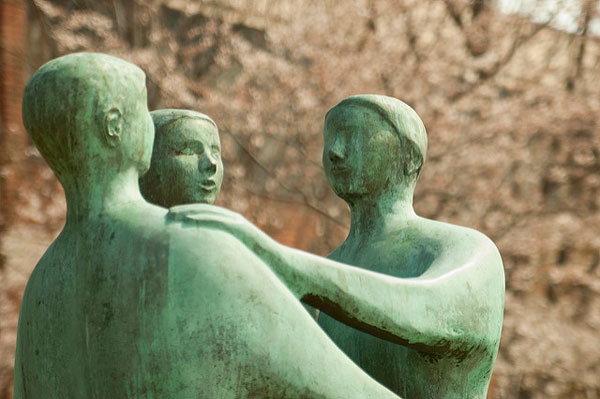
March 21, 2019; Washington Post
George Mason University (GMU), a public research university in Virginia located near Washington, DC, accepted another large gift from the Charles Koch Foundation last week Thursday. The university is reportedly in the middle of reviewing its gift policies in the wake of questions about donor influence, specifically tied to Koch (estimated to have granted $64 million to GMU since 1987), but that process is still incomplete.
The Koch Foundation’s latest donation to GMU is a $1.1 million grant to the Center for the Study of Social Change, Institutions and Policy at George Mason. The center, run by Professor Jack Goldstone, studies “effects of migration and ethnic and population change on political stability and conflict; the diffusion and decline of democracy; the impact of network structure on national politics and international relations; how long-term and radical changes in technology affect social welfare; and the causes and consequences of changing national and global inequality.”
The longstanding relationship between the Koch Foundation and GMU has been thoroughly documented and the subject of frequent protest. NPQ reported last year that questions were raised about the strings attached to some Koch grants, and the student group Transparent GMU sued the university for access to donor agreements. A review of the university’s donor agreements found that some “did not meet academic independence standards,” but at the same time, did not contain any “egregious practices,” according to GMU President Angel Cabrera. Charles Koch has since pledged to make all multiyear agreements with major universities public online, although this one does not seem to be available yet.
In a separate development, the Fourth Estate, GMU’s student paper, reported that Justice Kavanaugh had been hired to co-teach a class for three years as a professor at the school’s Antonin Scalia Law School. David and Charles Koch are well known for their support of Kavanaugh; indeed, CNBC reported in September that the Kochs “committed seven figures” to the support of Supreme Court Justice Brett Kavanaugh during his fraught confirmation trial. And, readers may remember that the Scalia Law School was founded with the aid of a $10 million gift from Charles Koch.
Sign up for our free newsletters
Subscribe to NPQ's newsletters to have our top stories delivered directly to your inbox.
By signing up, you agree to our privacy policy and terms of use, and to receive messages from NPQ and our partners.
The anonymous source who reported Kavanaugh’s teaching appointment to the Fourth Estate said, “I’m surprised that Mason would be willing to take this risk” of hiring such an unpopular figure. But with whom is he unpopular? Certainly not with the Kochs, who since 1987 have donated nearly $64 million to GMU—more than the total amount the university foundation collected in donations for the entire 2016-2017 fiscal year.
And here we have the crux of the question: to whom should the university be answerable for the ideas it promotes on campus? The faculty will vote this week on amendments to the policy that governs the Gift Acceptance Committee, but the Gift Agreement Report won’t be presented until later this spring.
GMU’s budget primarily is based on student fees and state taxpayer dollars, but it does rely on donations for 6.1 percent of revenues ($65 million in the university’s overall $1.06 billion budget). Of course, it is those donor revenues that are critical to finance the start of new programs, such as Goldstone’s center. Still, while there is no doubt that George Mason needs philanthropy, the growing concern about the undemocratic influence of large donors goes double when the influence is not just on one organization, but on all the people they educate and the research they publish. How can we balance the need for support with the protection of academic integrity? It’s a question to which GMU hasn’t yet provided a satisfactory answer.—Erin Rubin
Correction: This article has been altered from its original state to address concerns raised by Professor Jack Goldstone. In particular, Professor Goldstone’s center was called “new” despite being established in 2003, and references to an insufficiently supported conclusion that his writing does not acknowledge the influence of racism on immigration policy have been removed.












